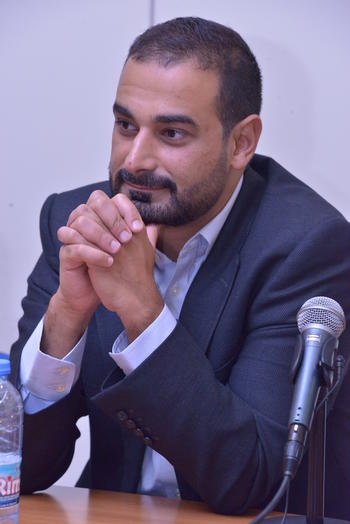Bilal Orfali

American University of Beirut
Two Picaresque Tales and a Yellow Cow
Black Humor and Qurʾānic References in Hamadhānī’s al-Maqāma al-Mawṣiliyya
Maqāmāt are collections of picaresque tales that narrate the various adventures of a trickster’s travels across cities of the medieval Islamic world. Casting the exploits and speech of its characters in flowery prose, maqāmāt tales are often ironic, parodic, and darkly humorous tales. They often mock our aspects of the society or our knowledge and perception of literature, religion, science, and philosophy.
This lecture focuses on this parodic, dark and humorous aspect of maqāmāt by analyzing al-Maqāma al-Mawṣiliyya (The Maqāma of Mawṣil) of Hamadhānī (d. 1007) and the use (or abuse) of religious and Qur’anic themes and/or motifs in it. The analysis of this maqāma is based on the Fatih manuscript, the oldest surviving manuscript of Hamadhānī’s maqāmāt. Special attention is paid to how textual variations change the meaning of the text and sometimes open doors to new interpretations.
Bilal Orfali is Associate Professor of Arabic Studies and Chairperson of the Department of Arabic and Near Eastern Languages at the American University of Beirut. He previously held the M.S. Sofia Chair in Arabic Studies at the Ohio State University. He specializes in Arabic literature, Sufism, and Qurʾānic Studies. His recent publications include: The Anthologist’s Art (2016), The Book of Noble Character (2015), The Comfort of the Mystics (2013), Sufism, Black and White (2012), In the Shadow of Arabic (2011).